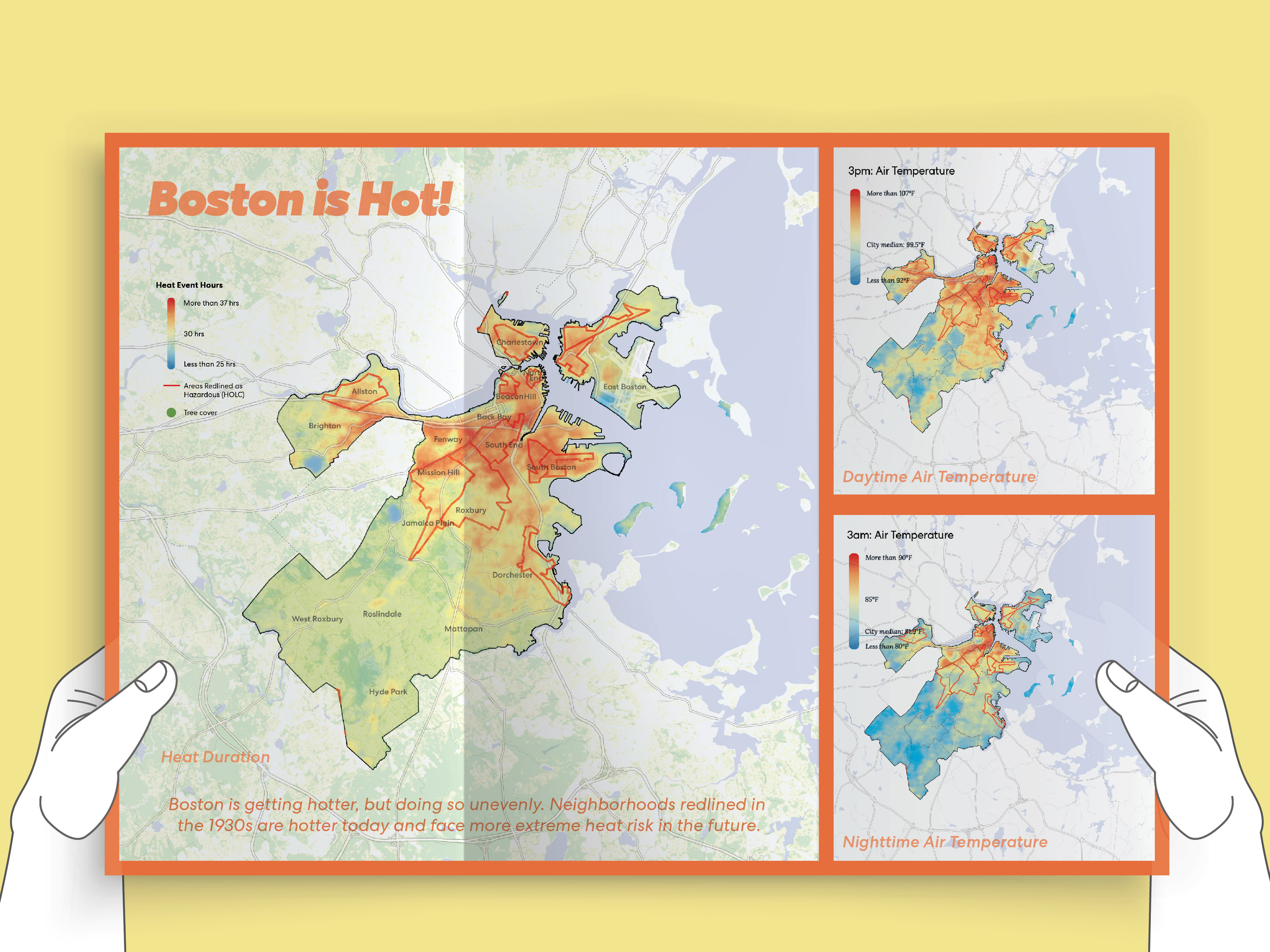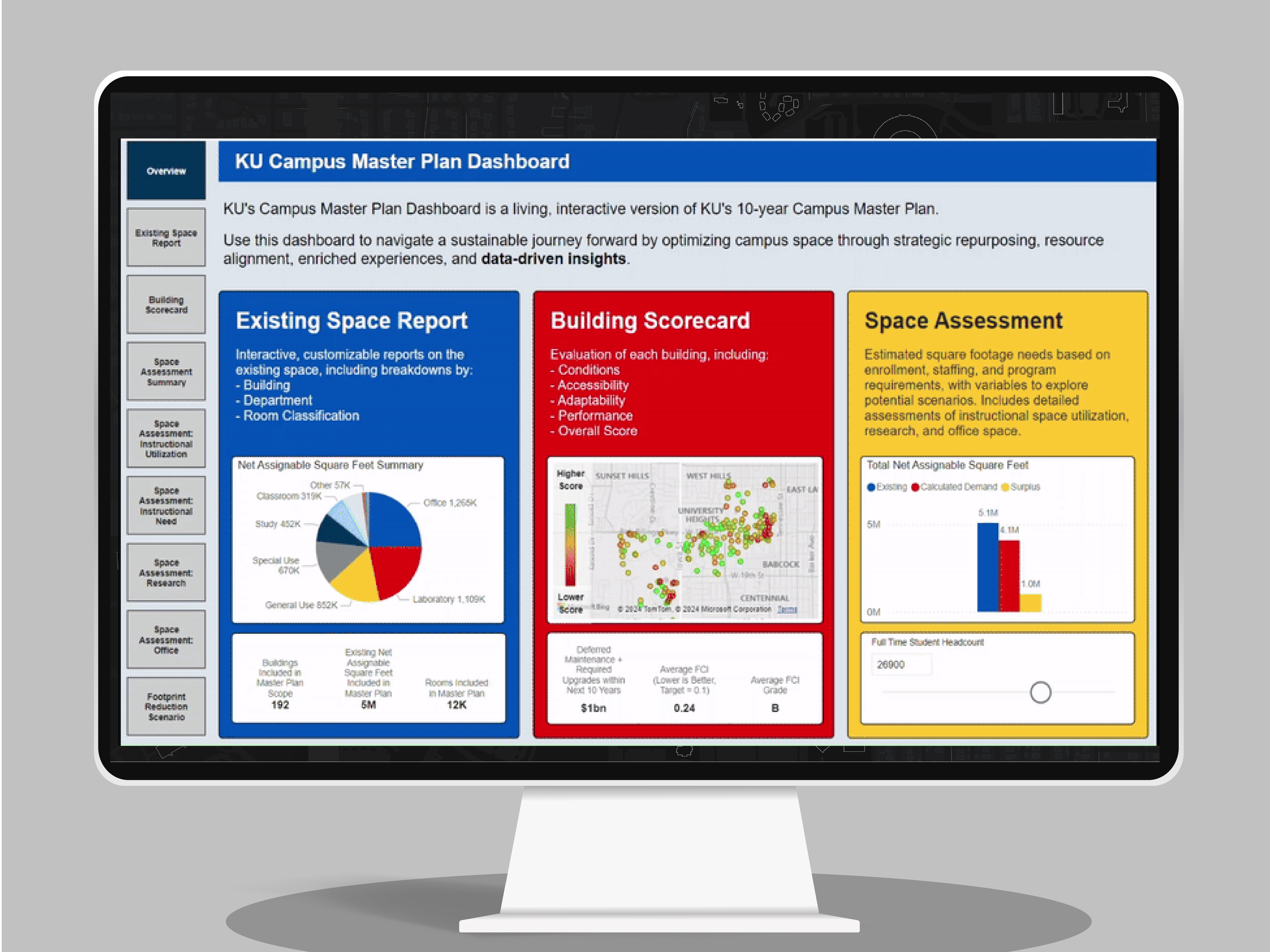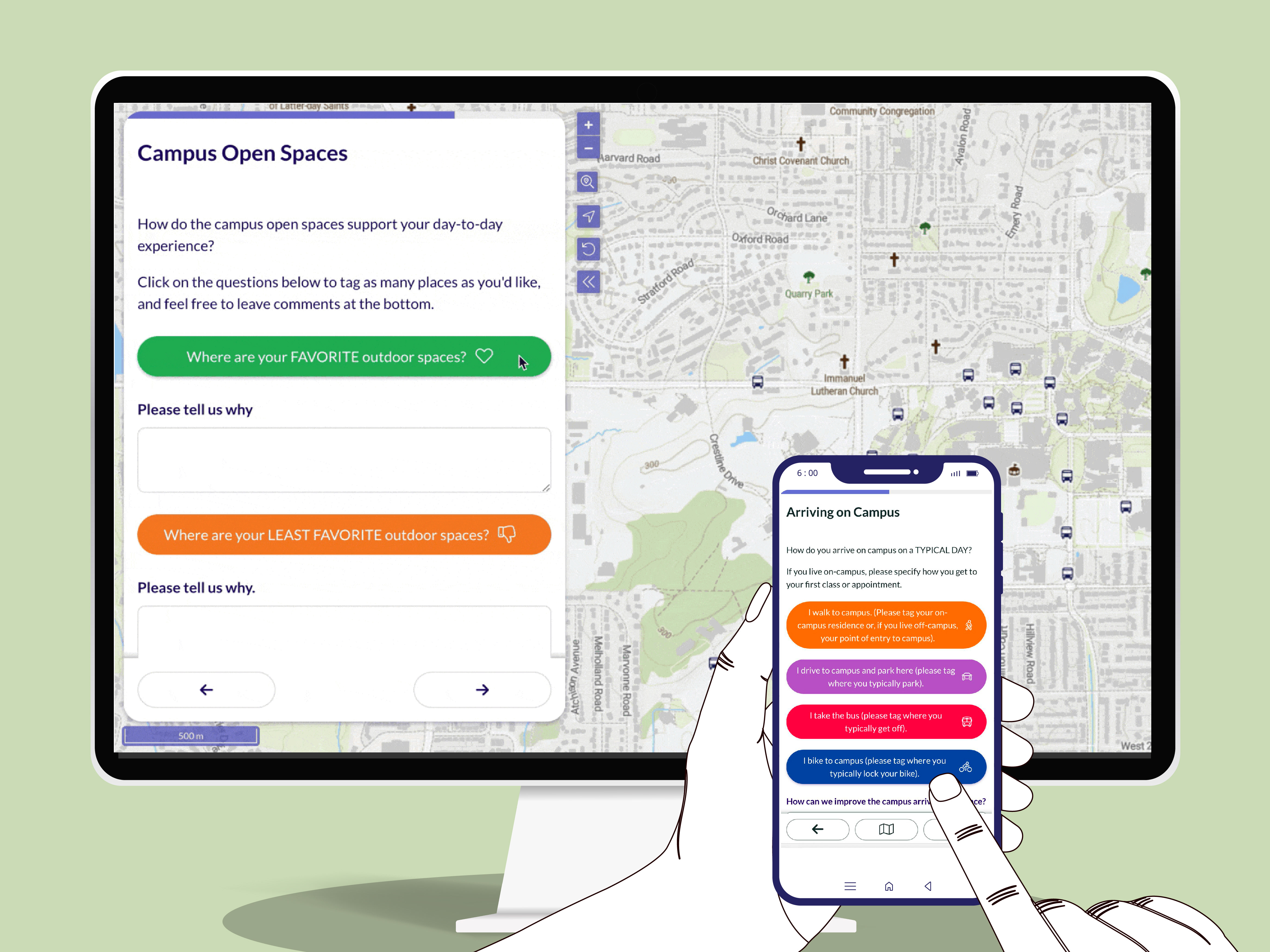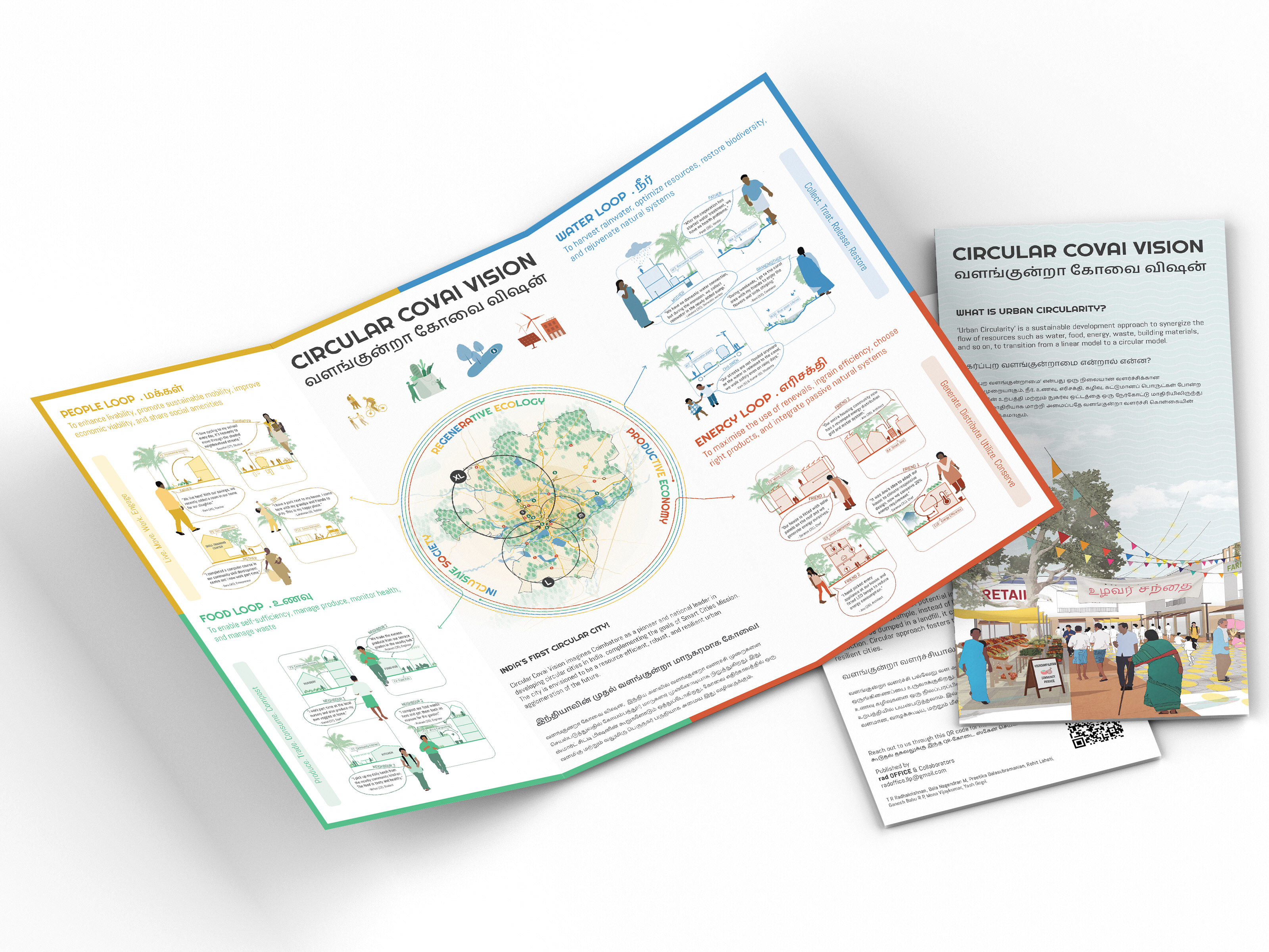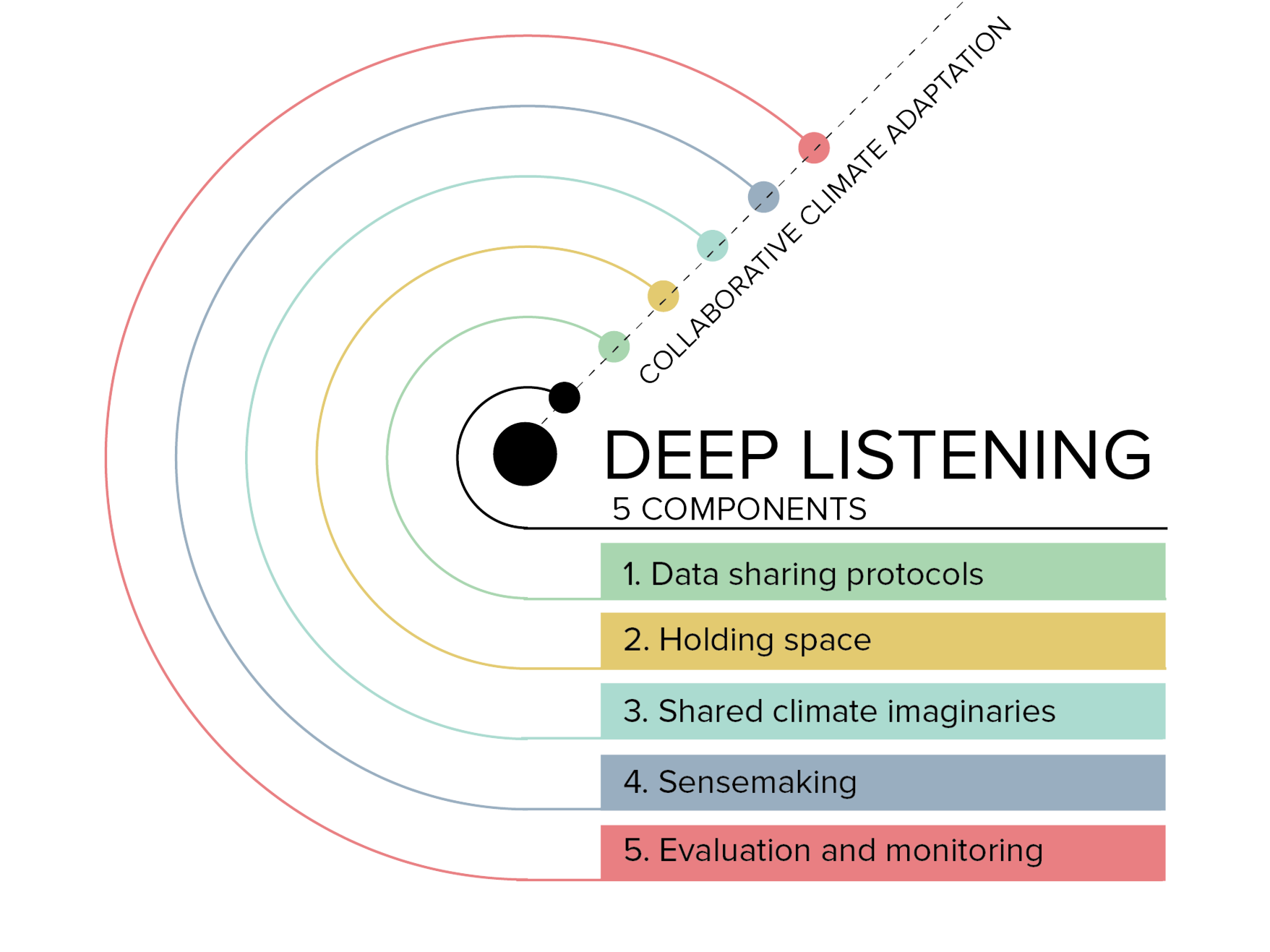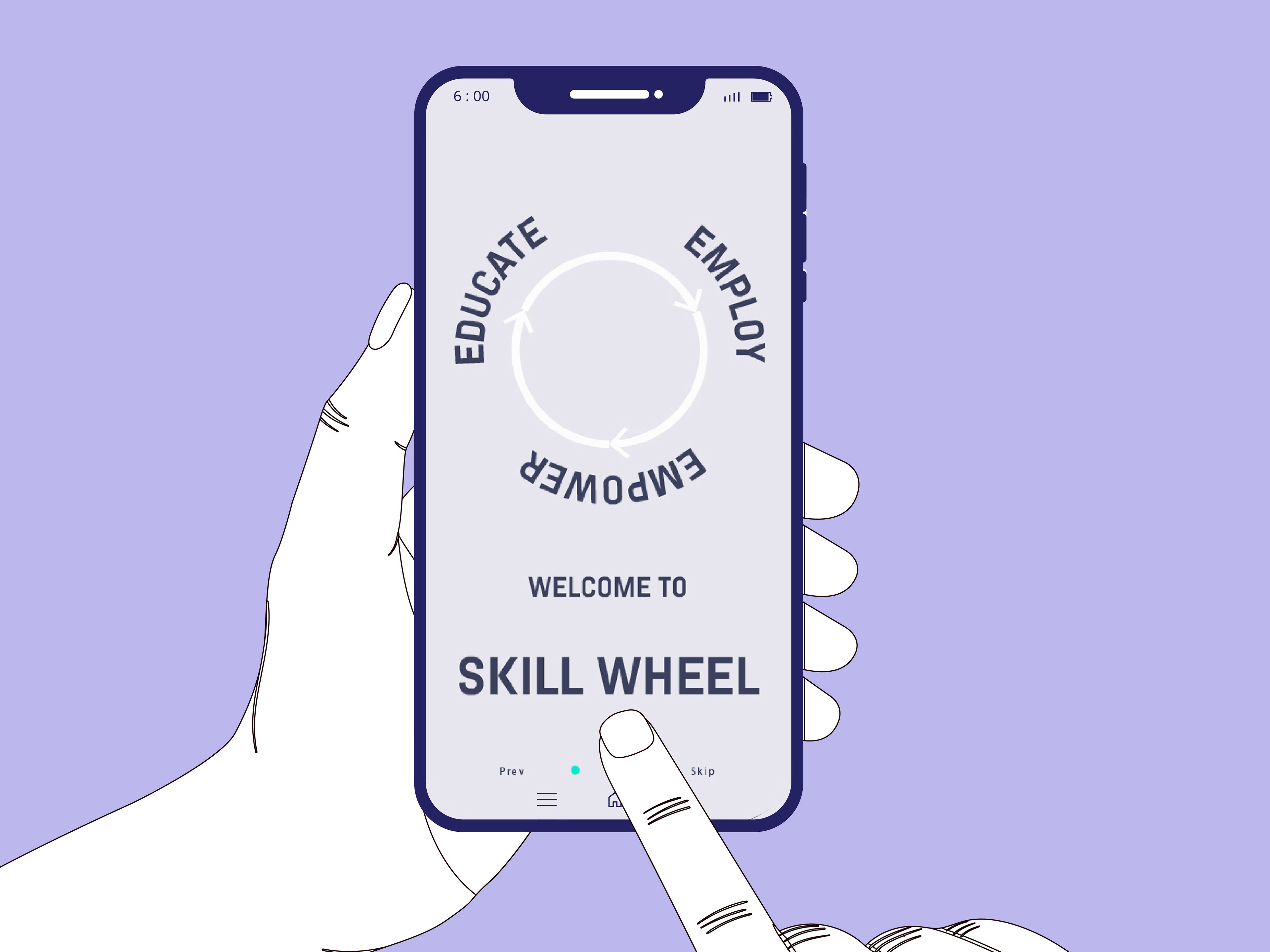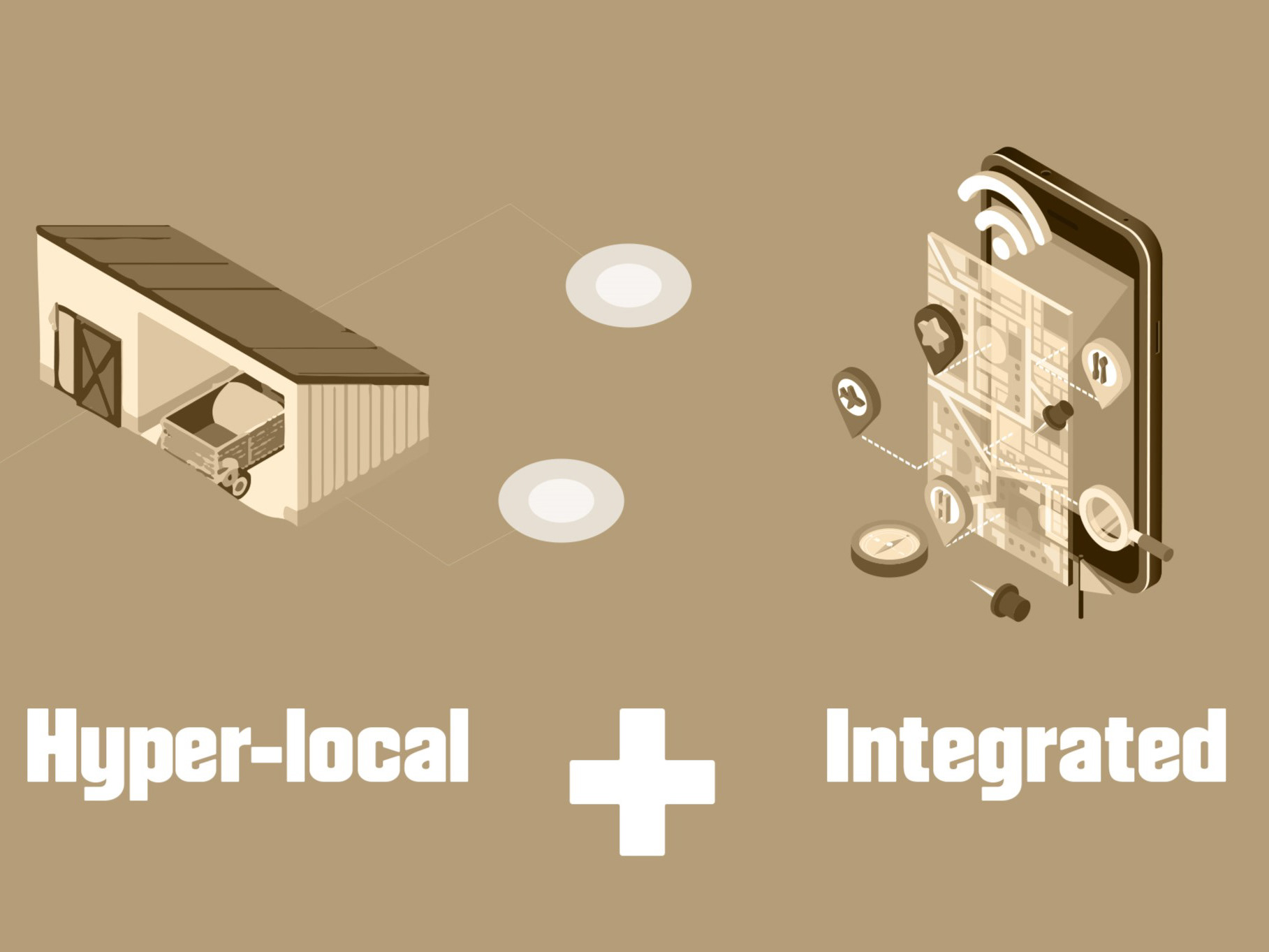Framework for Circular Urban Planning
2021| National Competition
Location: Coimbatore, India
Recognition: Selected as winners for Phase 2, with a detailed project report submitted for the proposed site as part of the Sustainable Urban Development - Smart Cities (SUD-SC) Initiative by the Coimbatore City Municipal Corporation and GIZ.
Team: Urban planners, architects, strategist and sustainability consultants.
Role
As an urban design consultant, I co-led the development of an innovative 12x4 toolkit framework designed to introduce circularity thinking into urban planning.
Responsibilities included conducting research, designing participatory tools, engaging with stakeholders, and co-developing tailored strategies for neighborhood and site-specific planning.
Challenge
Coimbatore's urban planning relies on linear consumption models, leading to increased resource usage and waste generation.
Rapid population growth strains existing infrastructure and amplifies resource inefficiencies.
A lack of a sustainable growth vision hinders the city's ability to balance development with environmental and social priorities.
Limited community engagement results in planning strategies misaligned with local needs and priorities.
Rapid population growth strains existing infrastructure and amplifies resource inefficiencies.
A lack of a sustainable growth vision hinders the city's ability to balance development with environmental and social priorities.
Limited community engagement results in planning strategies misaligned with local needs and priorities.
Solution
We developed a toolkit-driven framework to empower communities and stakeholders to co-create sustainable solutions:
Neighborhood Toolkit: Created 12x4 cards addressing themes like People, Water, Food, and Energy, simplifying circularity concepts into actionable strategies for better collaboration.
Tailored Strategies: Co-developed 27 site-specific strategies focusing on renewable energy, mobility, and resource efficiency, aligning with local priorities.
Participatory Planning: Integrated stakeholder feedback to make the toolkit adaptable and responsive to community needs.
Impact
The 12x4 toolkit cards introduced a practical approach to embedding circularity thinking into urban planning. By breaking down intricate ideas into user-friendly tools, they empowered community members to actively engage and contribute to the planning process at a neighborhood scale.
Through participatory engagement, the initiative resulted in 27 custom strategies that addressed unique site challenges such as energy optimization, enhanced mobility, and resource sustainability. These solutions aligned with the immediate needs of local communities while ensuring long-term relevance and impact.
The toolkit provided an innovative, scalable, and replicable framework for participatory urban planning, fostering ownership among stakeholders and promoting a sustainable, inclusive, and community-driven approach to urban development.
Community Engagement Roadmap
Implementation Framework
